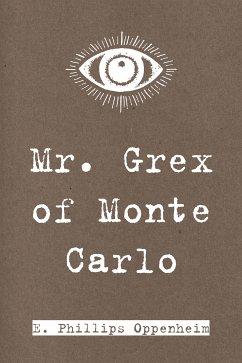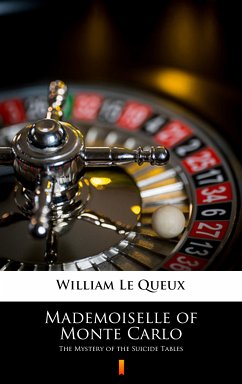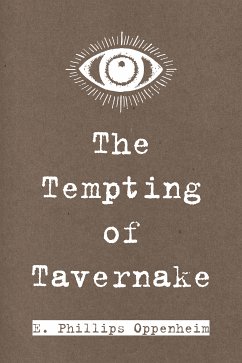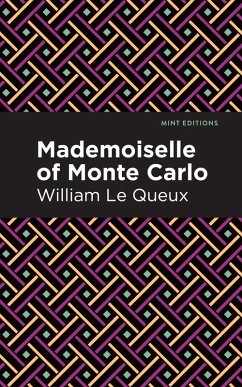
Mr. Grex of Monte Carlo (eBook, ePUB)
Versandkostenfrei!
Sofort per Download lieferbar
0,90 €
inkl. MwSt.
Weitere Ausgaben:

PAYBACK Punkte
0 °P sammeln!
At half-past eleven o'clock-Mr. Billingham was a man of regular habits-he quitted the promenade, crossed the Place in front of the Casino, and selected a table outside the Café de Paris. He selected it simply because it happened to be the nearest empty one and without even a glance at his neighbours. It was nevertheless, without a doubt, by the direction of that mysterious influence called fate that he should have chosen that particular chair and ordered his champagne cocktail with that clear and pleasant directness of speech which caused the two people at the adjacent table to turn and focus...
At half-past eleven o'clock-Mr. Billingham was a man of regular habits-he quitted the promenade, crossed the Place in front of the Casino, and selected a table outside the Café de Paris. He selected it simply because it happened to be the nearest empty one and without even a glance at his neighbours. It was nevertheless, without a doubt, by the direction of that mysterious influence called fate that he should have chosen that particular chair and ordered his champagne cocktail with that clear and pleasant directness of speech which caused the two people at the adjacent table to turn and focus their attention upon him.
Dieser Download kann aus rechtlichen Gründen nur mit Rechnungsadresse in A, B, BG, CY, CZ, D, DK, EW, E, FIN, F, GR, HR, H, IRL, I, LT, L, LR, M, NL, PL, P, R, S, SLO, SK ausgeliefert werden.













